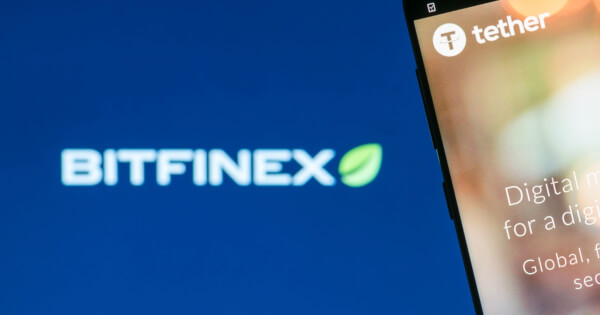Corporate Giants Explore Bitcoin (BTC) Treasuries Amid Global Economic Shifts

Timothy Morano
Dec 16, 2024 03:52
Major corporations like Tesla and MicroStrategy are adopting Bitcoin as a treasury asset, leveraging its deflationary properties as a hedge against inflation and economic uncertainty.
The corporate world is increasingly turning to Bitcoin (BTC) as a treasury asset, marking a significant shift in financial strategies globally. Companies are leveraging Bitcoin’s deflationary nature as a hedge against inflation and economic instability, according to blog.bitfinex.com. Following pioneers like MicroStrategy, this trend is gaining momentum across various sectors and regions, with prominent examples including Tesla, Tether Holdings, and firms in Japan and India.
The Global Shift Towards Bitcoin Treasuries
This growing trend reflects a broader acknowledgment of Bitcoin’s potential as a store of value, especially during economic turbulence. Companies like Microsoft and Amazon have seen shareholder proposals advocating for Bitcoin inclusion in their treasuries, although not all have been successful due to concerns over volatility. However, the increasing advocacy highlights a broader conversation about Bitcoin’s role in corporate finance.
Internationally, companies in Japan and India are also embracing Bitcoin. India’s Jetking Infotrain made history as the first publicly listed Indian company to use Bitcoin as its primary treasury reserve. In Japan, Metaplanet is leading the charge by significantly increasing its Bitcoin holdings, showcasing a strategic shift towards digital assets in corporate finance.
Leading Companies in Bitcoin Adoption
According to BitcoinTreasuries.net, MicroStrategy holds the largest corporate Bitcoin treasury, with over 423,650 BTC. This aggressive acquisition strategy has positioned MicroStrategy as a leader in corporate Bitcoin adoption. Tesla, while primarily known for its innovations in electric vehicles, holds 9,720 BTC, aligning with its broader commitment to financial innovation.
Private companies are also significant players in this space. Block.one and Tether Holdings Limited are notable for their substantial Bitcoin reserves. Tether’s strategy not only strengthens its balance sheet but also aligns with the cryptocurrency ethos of decentralization and financial innovation.
Balancing Benefits and Risks
Bitcoin’s deflationary properties make it an attractive hedge against inflation, providing companies with a potential safeguard against depreciating fiat currencies. Its historical performance as a high-growth asset offers opportunities for capital appreciation, as seen with MicroStrategy’s increased market visibility and stock performance.
However, Bitcoin’s volatility presents risks, potentially leading to significant unrealized losses and complicating financial reporting. Regulatory uncertainties and environmental concerns add further complexity. Companies must navigate these challenges with meticulous planning and robust risk management strategies to fully leverage Bitcoin’s potential while mitigating its risks.
Image source: Shutterstock



